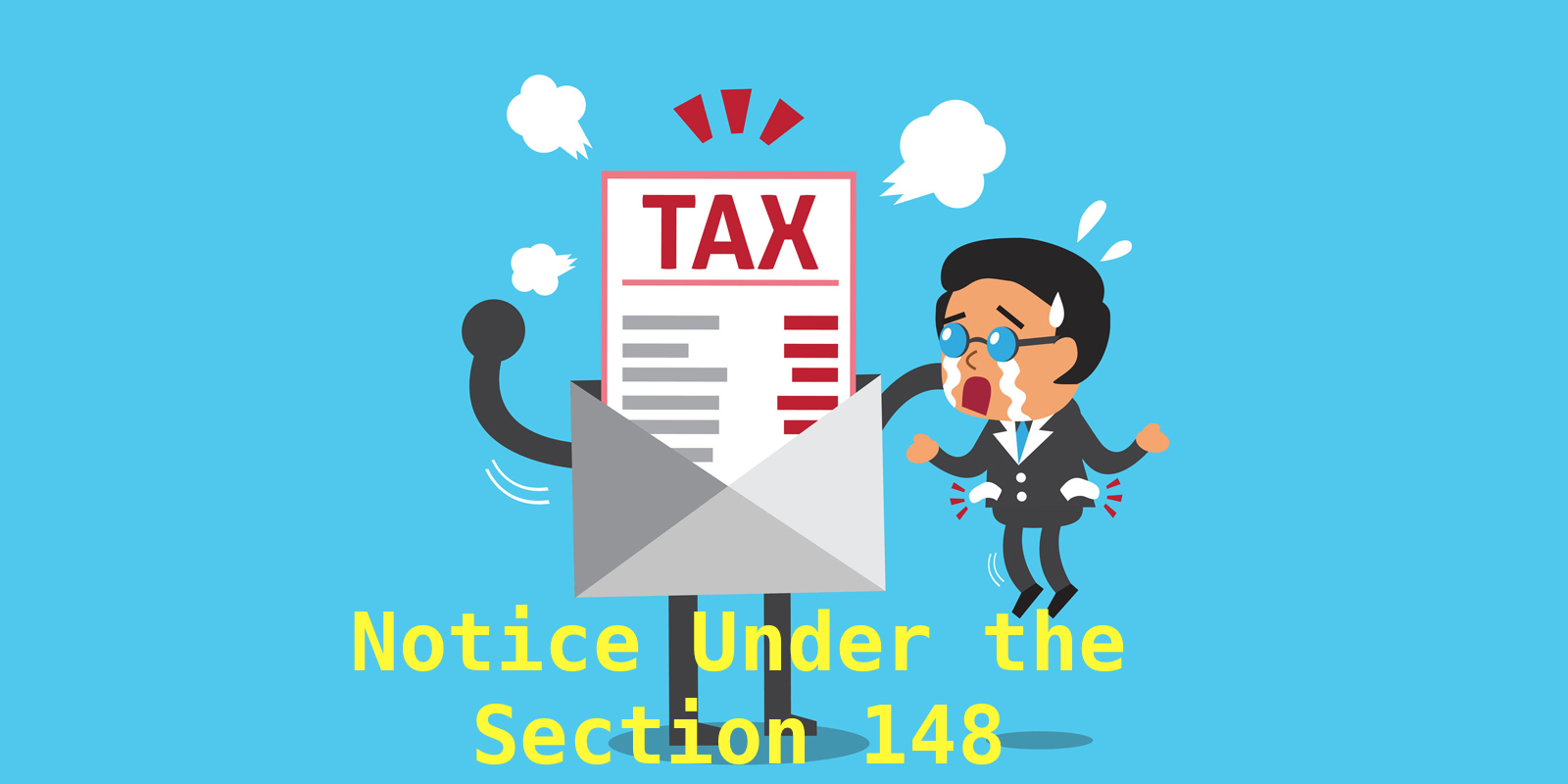PROCEDURES TO BE FOLLOWED FOR ANY OBJECTION AGAINST THE NOTICE ISSUED UNDER SECTION 148

Any taxpayer, who is aggrieved by the issuance of notice against him under section 148 and feels that such proceedings are unwarranted, can file objections to the same by way of challenging such notice. Read in detail the PROCEDURES TO BE FOLLOWED FOR ANY OBJECTION AGAINST THE NOTICE ISSUED UNDER SECTION 148.

Where a taxpayer has decided to object the issuance of any such notice by way of challenging, it will be prudent on the part of the assessee to first obtain the recorded reason of Assessing Officer, based on which he issued notice under section 148.
In case no reasons have been recorded, then the assessee has an opportunity to demonstrate that Notice is not based on valid reasons.
However, for objecting issuance of any notice under section 148, for the initiation of a Re-assessment / audit, the assessee must follow the procedural aspect as laid down by the Honorable Supreme Court in judicial rulings.
PROCEDURES TO BE FOLLOWED FOR ANY OBJECTION AGAINST THE NOTICE ISSUED UNDER SECTION 148.
However, any communication from the taxpayer, for registering his objection for initiation of proceeding under section 148, should preferably contain the following important points, as listed below:
(a) At very first the assessee must declare that he has filed correct return against his income for the relevant period, and there is no escapement.
(b) The assessee should also state very clearly that filling of return against the notice is just a compliance of procedural directives of Honourable Supreme Court as issued in the case of GKN Driveshafts for raising any objection and it should not be considered assesses acceptance of the Assessing Officer’s power to proceed with the assessment or reassessment.
(c) The assessee should also make a request for the copy of reasons which was recorded by the Assessing Officer before issuing the notice under section 148.
(d) The assessee must reserve his right to file a detailed and specific objection only after obtaining the copy of Assessing Officers recorded reason from the tax authorities.
(e) Finally, the communication must contain a specific request made to the tax authorities to not to proceed with the audit till the objection of the assessee is disposed of.


 ITAT Amritsar: No Section 269SS Violation for One-Time Cash Payment Before Sub-Registrar
ITAT Amritsar: No Section 269SS Violation for One-Time Cash Payment Before Sub-Registrar  Tax Officials Unleash Digital Dragnet: How New Raid Powers Redefine Privacy, Property Rights in India and likely to Fuel Corruption
Tax Officials Unleash Digital Dragnet: How New Raid Powers Redefine Privacy, Property Rights in India and likely to Fuel Corruption  Income Tax Department Rewards for Reporting Tax Evasion: A Comprehensive Guide
Income Tax Department Rewards for Reporting Tax Evasion: A Comprehensive Guide  Forfeiture of Gratuity by Employer- What are the Remedies for an employee- Can employer be challenged?
Forfeiture of Gratuity by Employer- What are the Remedies for an employee- Can employer be challenged?  Employer can forfeit gratuity of an employee in case of moral turpitude
Employer can forfeit gratuity of an employee in case of moral turpitude  Diving Deeper: The Impact of the New Tax Bill on Dairy and Farming Income
Diving Deeper: The Impact of the New Tax Bill on Dairy and Farming Income